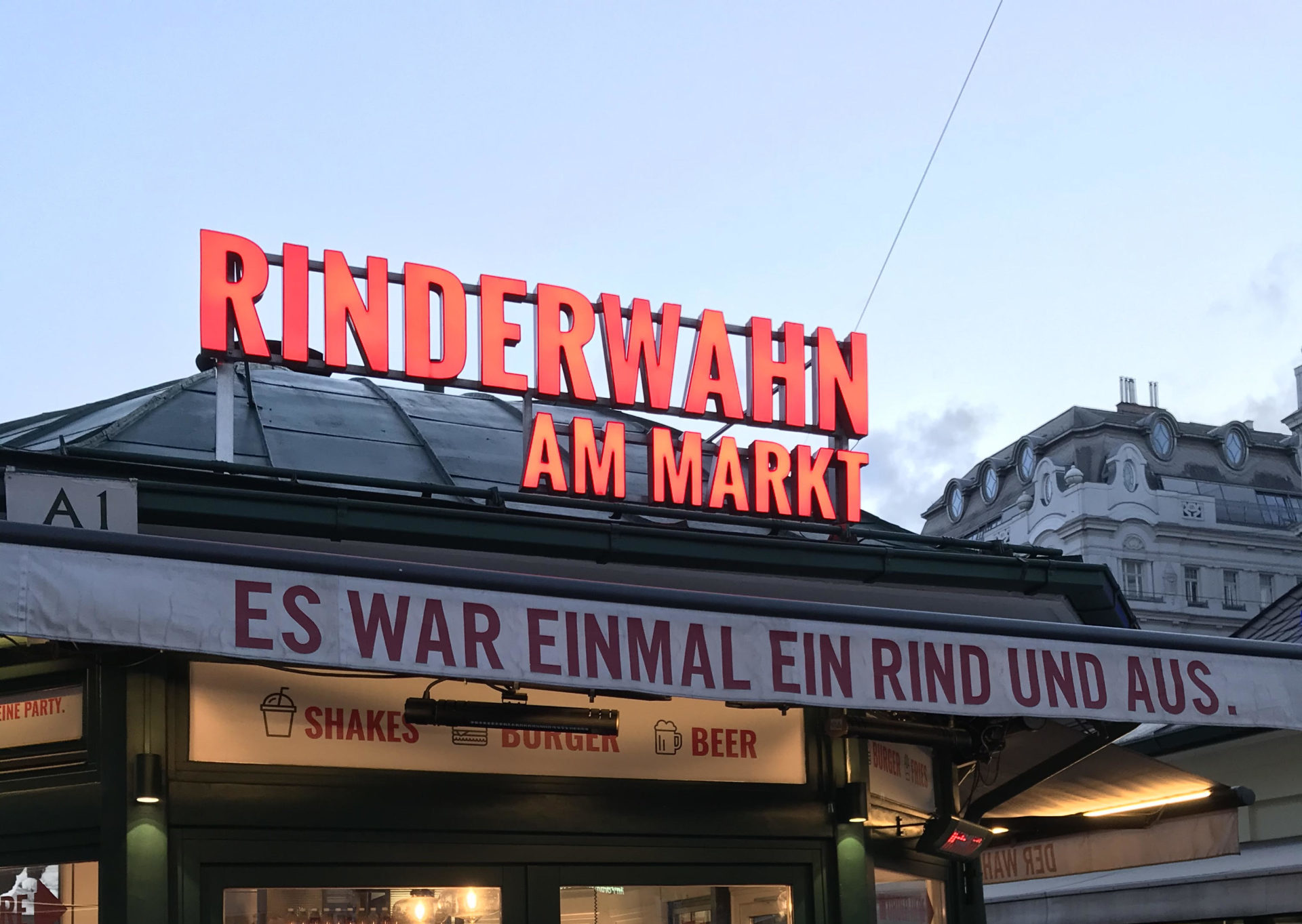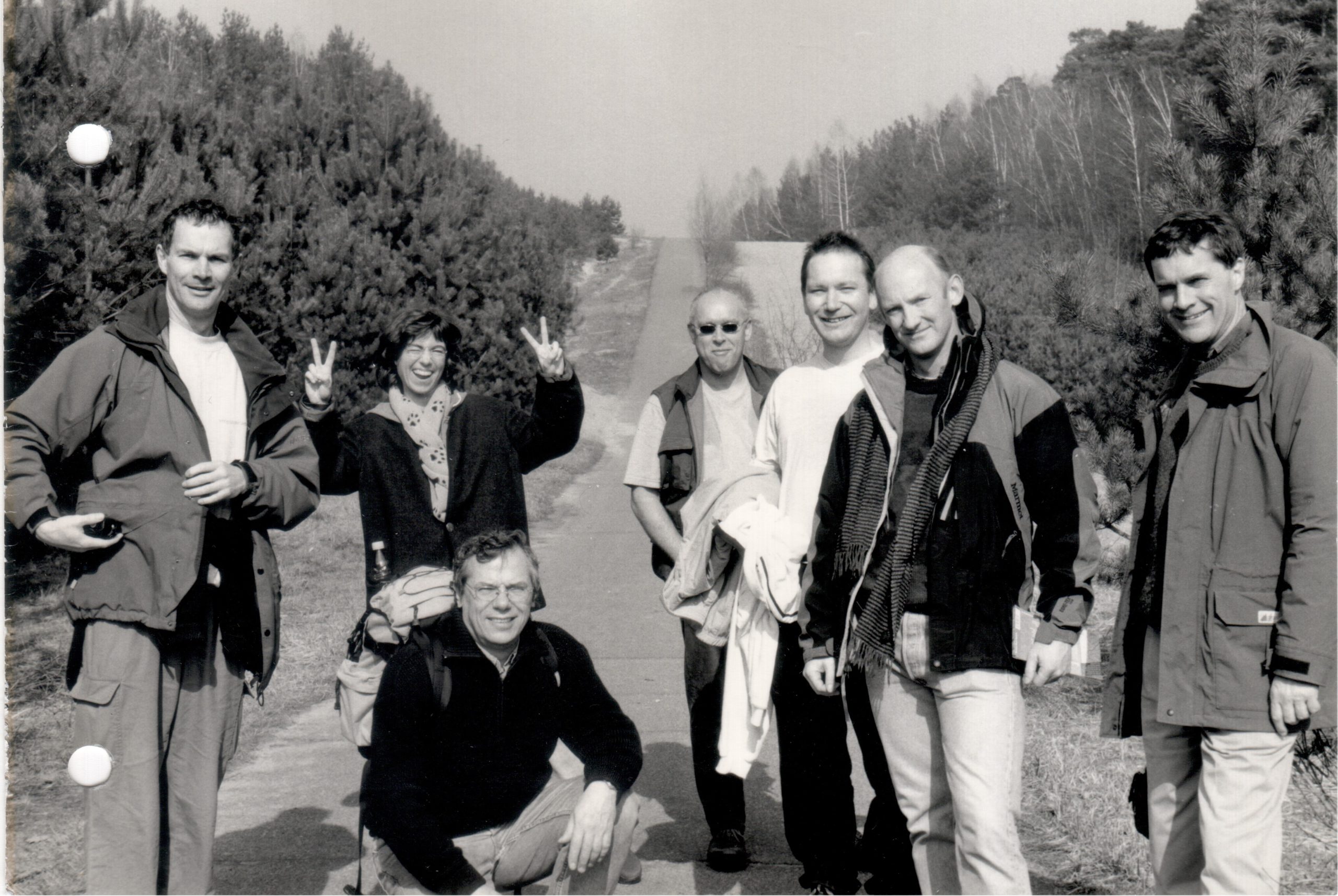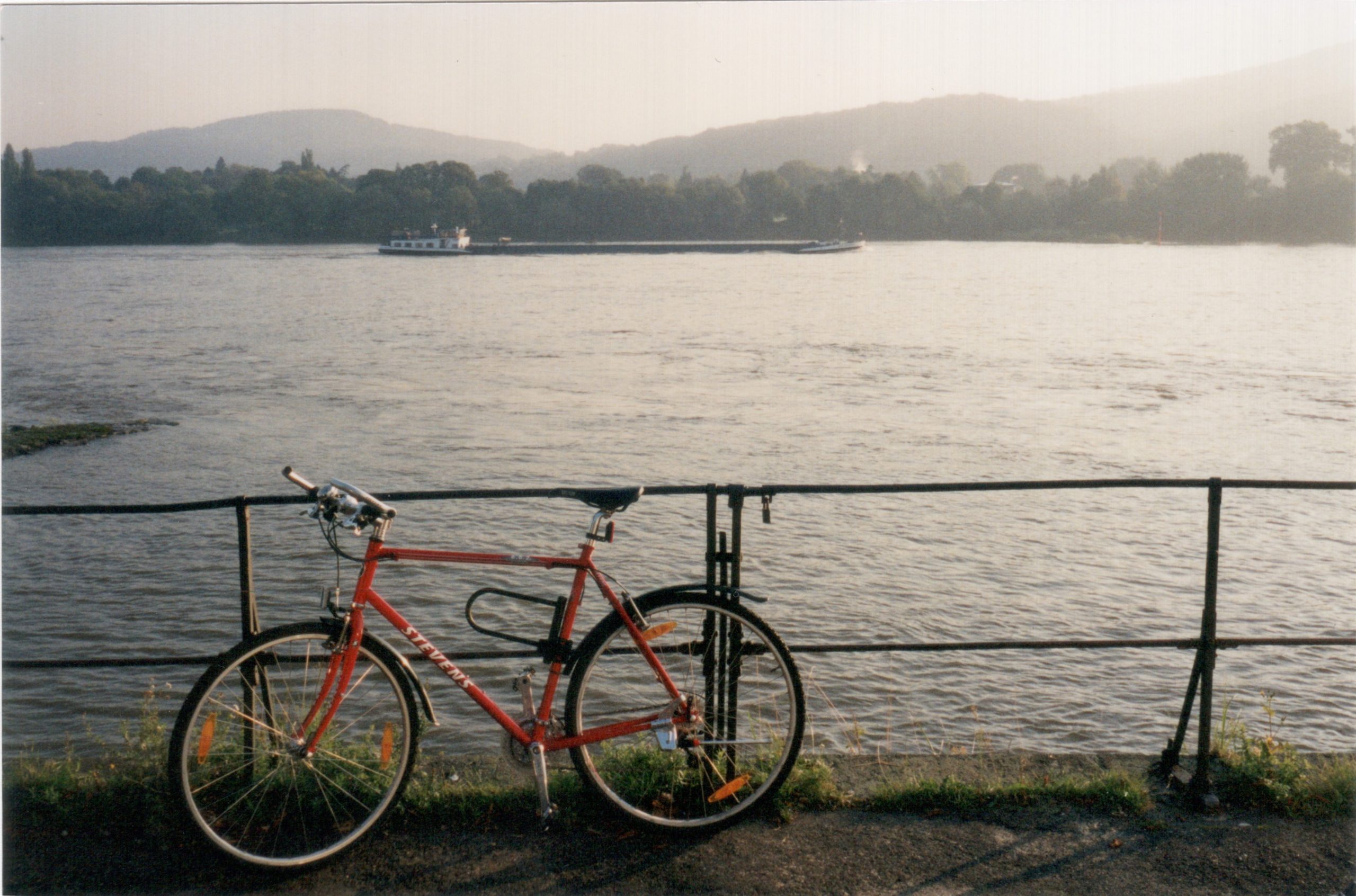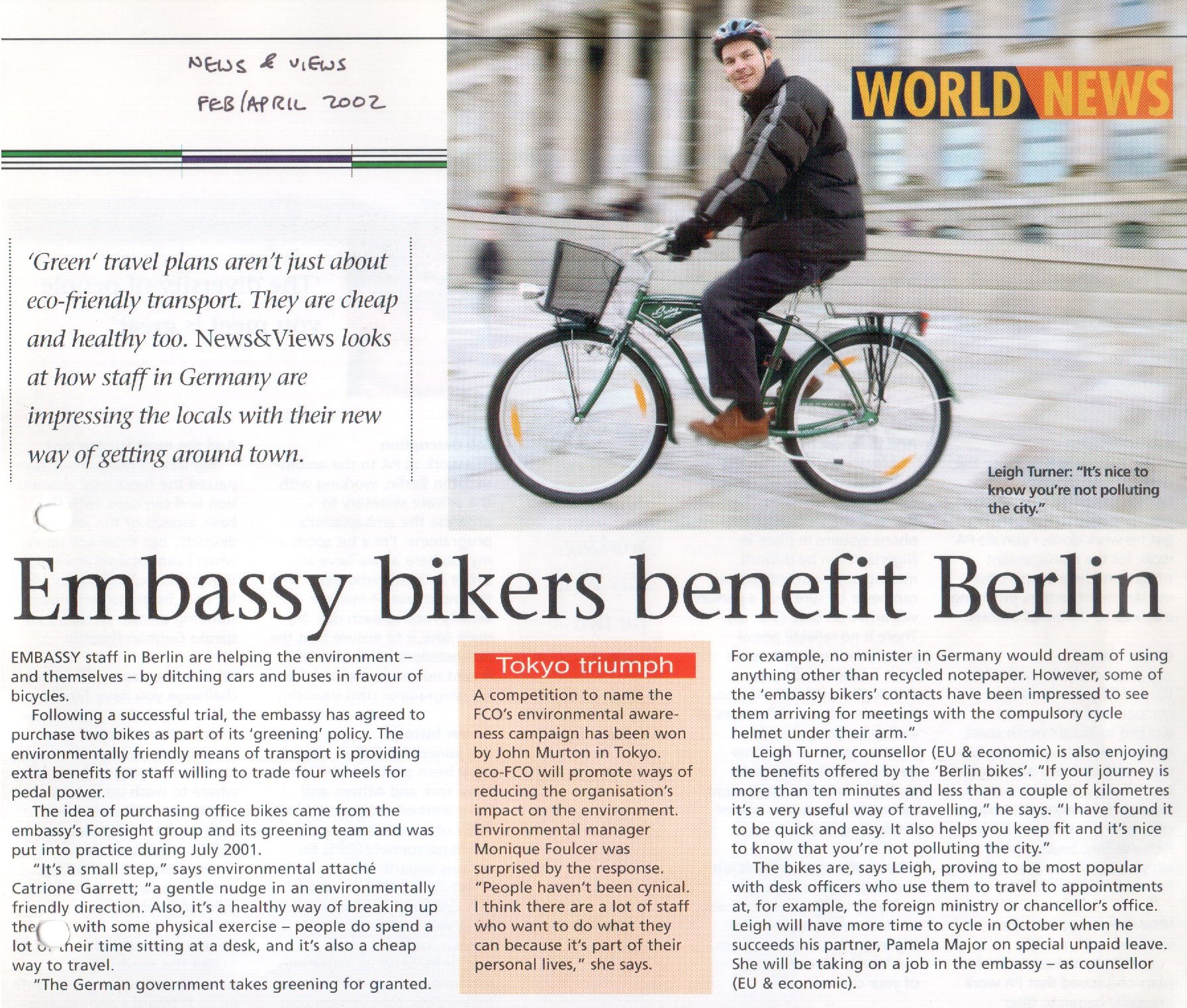8th April 2021 Vienna, Austria
Diplomatic lessons 6, Berlin 1998-2002: Specialise, or not?

Before our first child was born in 1992, we studied best practice in bringing up babies. Two pieces of expert advice stuck out (NOTE: DO NOT FOLLOW THIS ADVICE). First, babies should always be laid face-down in their cots, to minimise the risk of choking. Second, natural lamb’s fleece in the cot was a great way to build up the baby’s immune system.
Within months of the birth, expert advice changed on both points. Laying babies on their front, we learned, was practically a death sentence: you should lay them on their backs. Similarly, the cute sward of lamb’s fleece we had purchased was at best useless and at worst actively dangerous. Luckily, our child survived.
In organisations, too, pendulums swing over time as new theories emerge. An HR review concludes that methods of measuring promotability or suitability for a job, such as interviews or ADCs (assessment and development centres), deemed essential for years, are otiose or misleading. A library containing books is emptied after decades – only for the decision to be reversed as fresh thinking decides books can be a useful source of information.

No-one could have predicted in 1998 a restaurant with this name in Vienna (see below)
One such pendulum is between specialisation and generalisation. Should an organisation should have a cadre of specialists with a deep knowledge of, for example, economics or law, or should all officers be trained to have a good grasp of these disciplines?
When I joined the FCO in 1983, new entrants were given obligatory French language training, following a report by the magnificently-named Professor Thody (“The Thody Report”) that the level of spoken French in the organisation was insufficient. Sadly, this policy was instantly reversed and my course to improve my existing French was truncated after two weeks.
Diplomatic services take different approaches to specialisation. Chinese and Russian specialists often devote their whole lives to an issue, a region or a country. The US makes new entrants do consular work on their first posting overseas. But they then enter “cones” to specialise in political, economic or public affairs.
The UK tends towards generalism: the year I joined the FCDO, the 21 graduate entrants had studied 21 different degrees. Russian friends in Moscow were baffled I could be head of the economics section without a degree in economics; German colleagues in Berlin (mostly lawyers) that one could become a diplomat after studying geography.

Walking around the Berlin Wall with friends
Over time, the pendulum has, arguably, swung towards specialisation. After my time dealing with Hong Kong, I sought jobs as High Commissioner in Swaziland (now Eswatini), where I had attended Waterford-Kamhlaba school in 1969-70; and as Consul-General in Melbourne. But the job for which my application was successful in 1998 was as Counsellor (EU & Economic) in Bonn, Germany.
The reason was my grasp of EU and economic issues from previous jobs. The fact German was my best language helped, too. My posting was a result of specialisation – in economics, the EU, and languages.
In 1998 Bonn, immortalised in John le Carre’s A Small Town in Germany 30 years earlier, was sinking back into provinciality as the fall of the Iron Curtain led to the relocation of most government organs to Berlin and the departure of French, US and British military formations whose presence had shaped local communities for decades. It had some fine dance schools. In 1999 we moved to Berlin too, in a convoy of removal vans.

I cycled to work in Bonn along the Rhine
The British embassy resumed operations in Berlin on 3 September 1999 after a 60-year pause. The city was feeling its ways to a new identity following war, division and reunification. A bigger city had advantages – there was no Love Parade, Olympic Stadium or open-air movie scene in Bonn. In Berlin the sense of Germany’s 20thC history was all-pervasive, from the German-Russian Museum at Karlshorst in the east to the Glienicke Bridge in the west, Sachsenhausen in the north and the remains of the Berlin Wall encircling what had been West Berlin.
The work, negotiating with Germany on EU issues, monitoring the establishment of the European Central Bank in Frankfurt, and engaging with British and German companies such as Volkswagen and Vodafone across Germany, was fascinating. 2002 saw the introduction of the cash Euro – I remember walking through the snow on the island of Hiddensee to a cash point on 1 January 2002 to take a look at the new notes and coins.

I rode my bike a bit in Berlin, too
The embassy spent much time trying to persuade Germany to accept British beef exports following an outbreak of bovine spongiform encephalopathy (BSE) and variant Creutzfeldt-Jakob disease (nCJD) in the UK. BSE was early example of decision-making in the face of a disease whose trajectory was unknown. Luckily, vCJD turned out to be less transmissible than feared; and British beef exports resumed. I never dreamed that within 20 years I would see a burger chain called Rinderwahn (“mad cow disease”) doing good business in Vienna – slogan “Crazy about Burgers”.
To be posted in Berlin as it resumed its role as capital of Germany was a privilege. Should you specialise to get on in your career? Probably. But remember: the pendulum may swing in the other direction any moment.
*
The previous posts in this series are:
– Diplomatic lessons 1, 1979-83: Don’t judge a book by its cover
– Diplomatic lessons 2, 1983-87: Languages change everything
– Diplomatic lessons 3, 1987-91: go for the hard jobs
– Diplomatic lessons 4, 1991-95: have a plan, and break it
– Diplomatic lessons 5, 1995-98: make a difference
Coming up next: Diplomatic lessons 7, Berlin 2002-2006: From Herr to Maternity.